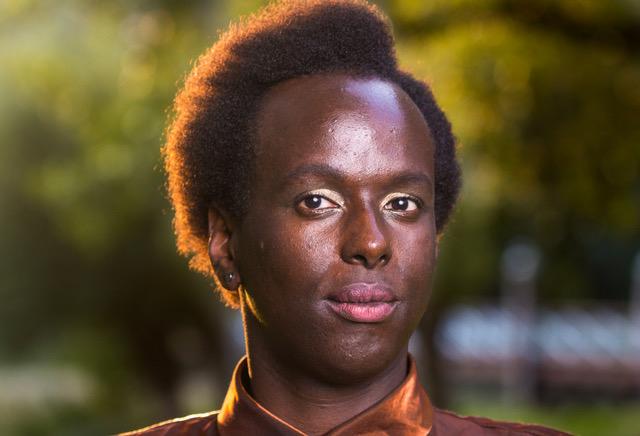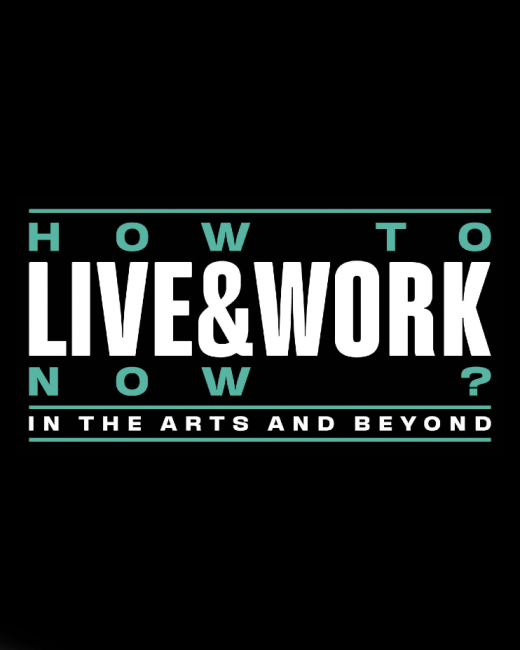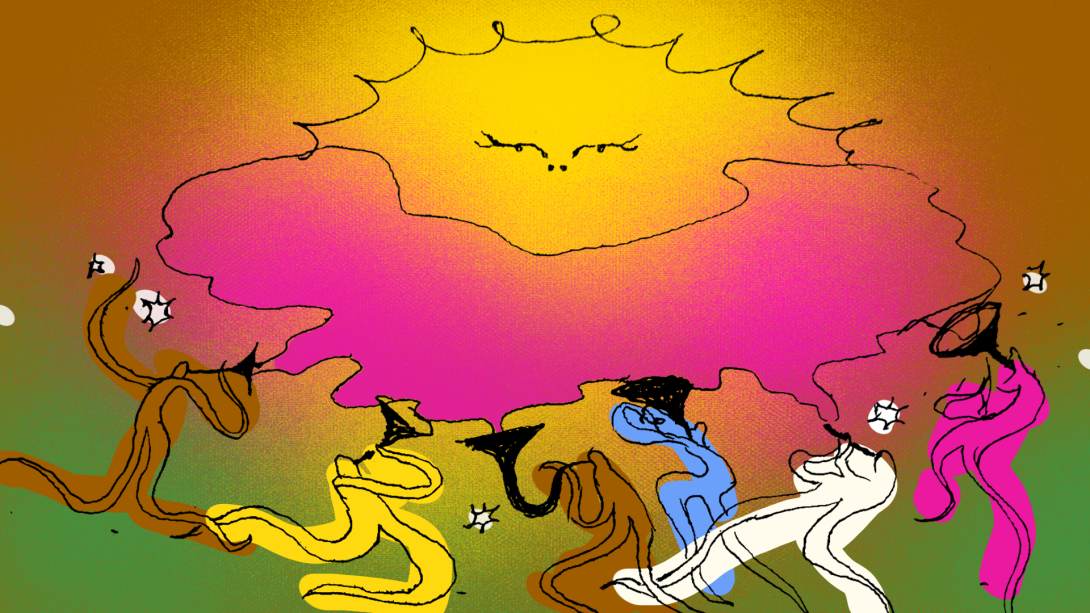Working group: better practices for safer spaces
How to develop better ways of working in the performing arts sector today – and in the future? As part of How to Live and Work Now?, we are inviting six artists, collectives and researchers to set up self-organized collective working groups.
What does it entail to create a safer space? What are safer spaces for those living and surviving in positions of marginalisation, of erasure, of repression, of violence? What alternatives are queer and BIPOC communities, or people with a disability, in need of? What alternatives are they building and caring for? In this working group, writer and activist Olave Nduwanje is initiating a research trajectory on these spaces – not only on the why, but specifically on the how.
In the following months she will engage communities, thinkers, doers and creators of safer spaces in and outside of Brussels. She will interview them, on and off the record. Some of the conversations might have a public outcome via soundcloud. In February, she will share the results of her research in public, live moments.
Burundi-born Nduwanje identifies as a non-binary trans femme (pronouns: she/her/hers). She is a published author, legal scholar, activist (anti-racism, LGBTQI+ rights, anti-capitalism, disability rights, anti-ecocide etc.) and provided literary contributions to the following titles: Zwart-Afro-Europese literatuur uit de Lage Landen (2018), De Goede Immigrant (2020) and Being Imposed Upon (2020). You can find her on Instagram (@Nduwanje), Twitter (@OlaveTalks) and Youtube (@OlaveTalks). She has been based in Brussels since 2019.
Nduwanje conducts this research from a place of self-interest. She seeks to accelerate the emotional and intellectual maturity of her praxis of community care. She will investigate and question the rules, best practices, and codes of conduct that already exist. What can we learn from each other? And can an art institution play a useful role in this knowledge production and cultivation – without its extraction and exploitation?


